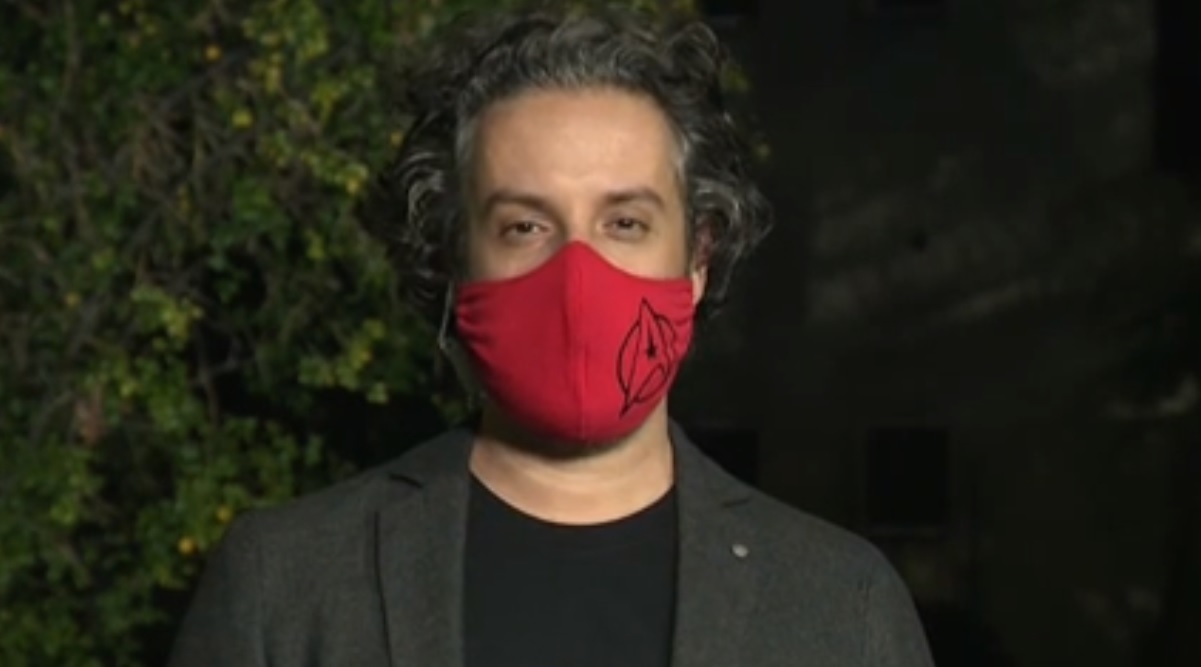Mario Fafangel, the head of the infectious diseases centre at the National Institute of Public Health, has warned in a televised interview that Slovenia is not out of the woods yet, even though coronavirus figures for Thursday might be lower than in the past two days.
In Thursday’s interview with Odmevi, the late night news show on TV Slovenija, Fafangel commented on fresh figures showing that by late evening the number of positive tests had been at around 1,100 after over 2,600 on Tuesday and just below 2,500 on Wednesday, but he said the figure was not one that should make headlines.
“It could be that the figures are down even when an epidemic is in full swing. They fall because testing capacities have been exceeded, which has happened with us; because the testing protocol is changed, which has happened with us. People may take fright and don’t get tested when their symptoms are still mild. So it would be a bit too early to talk of a light at the end of the tunnel,” he said.
However, he said the headline making news today was no longer the daily figure, but rather the news was that people should stay at home, work from home, whenever possible. “Let’s be in the bubble with our dearest, those without whom life wouldn’t be worthwhile anyway. That’s the news.”
Fafangel agreed with the host that there was optimism in the Jožef Stefan Institute’s projection yesterday that Covid-19 hospitalisations could fall after 4 November and intensive care numbers after 10 November if people stay at home.
Commenting on a rapid increase in infections among 35-45-year-olds and among teens, Fafangel said it reflected the spread of the virus within the most active groups of population, but it was good news epidemiologically in that it meant the older, most vulnerable group of population was being well protected, which was also evident from the number of fatalities.
Slovenia ranks 7th in the EU by the rolling 14-day average per 100,000 residents, at 1,230, while it places 16th by the number of deaths among patients with Covid-19, at 138 per million.
The incidence number says that no European country has been successful in grappling with the virus, says Fafangel, but he sees “something positive” in the fatality figure: “In the first wave we defended ourselves well, we’re defending ourselves well this time, that is protecting the population most at risk.”
He said that the National Institute of Public Health had joined the EUROMOMO portal that makes estimates on excess deaths on a weekly basis with the latest data for week 43 showing that Slovenia does not have a typical excess of deaths.
